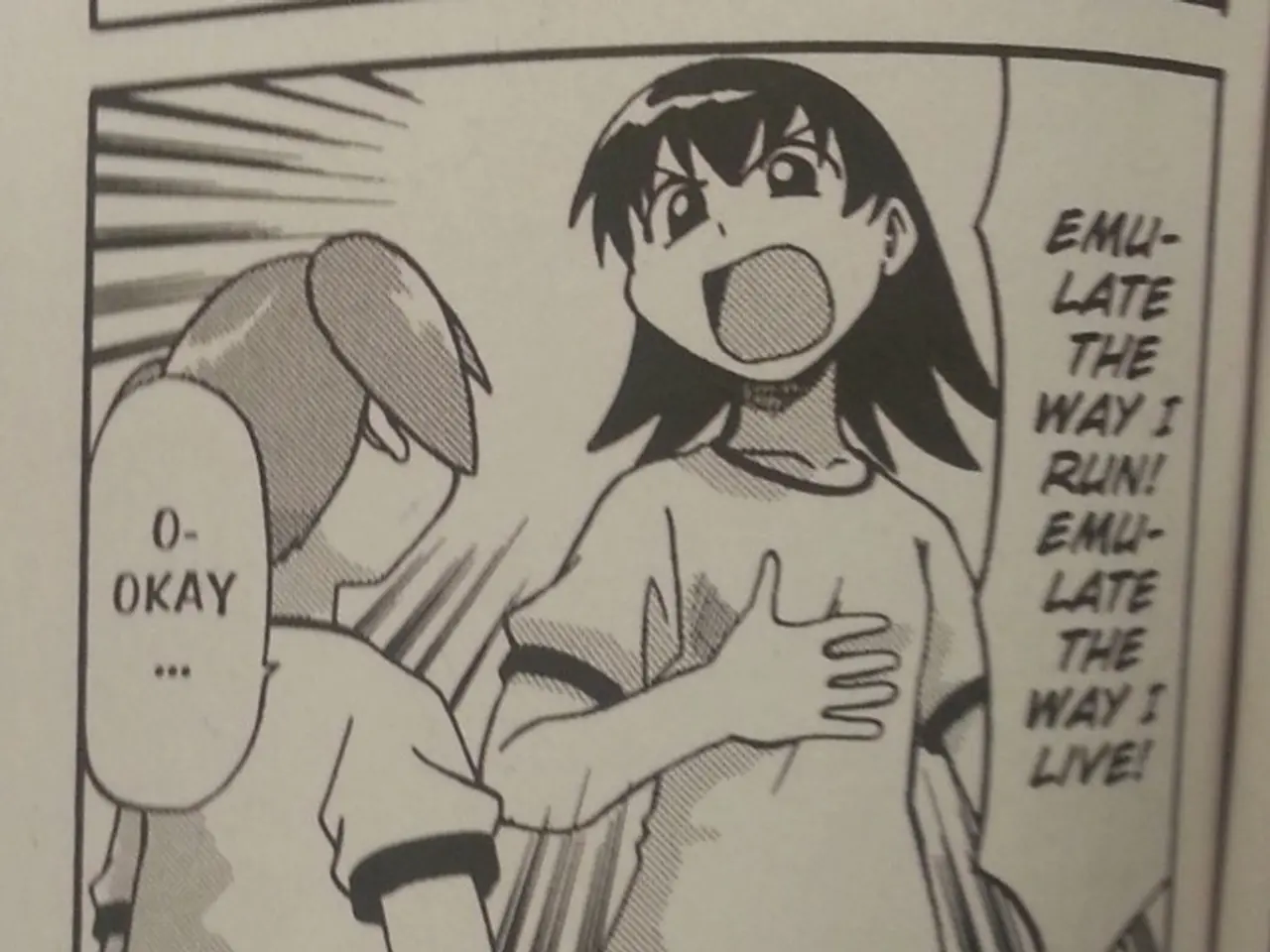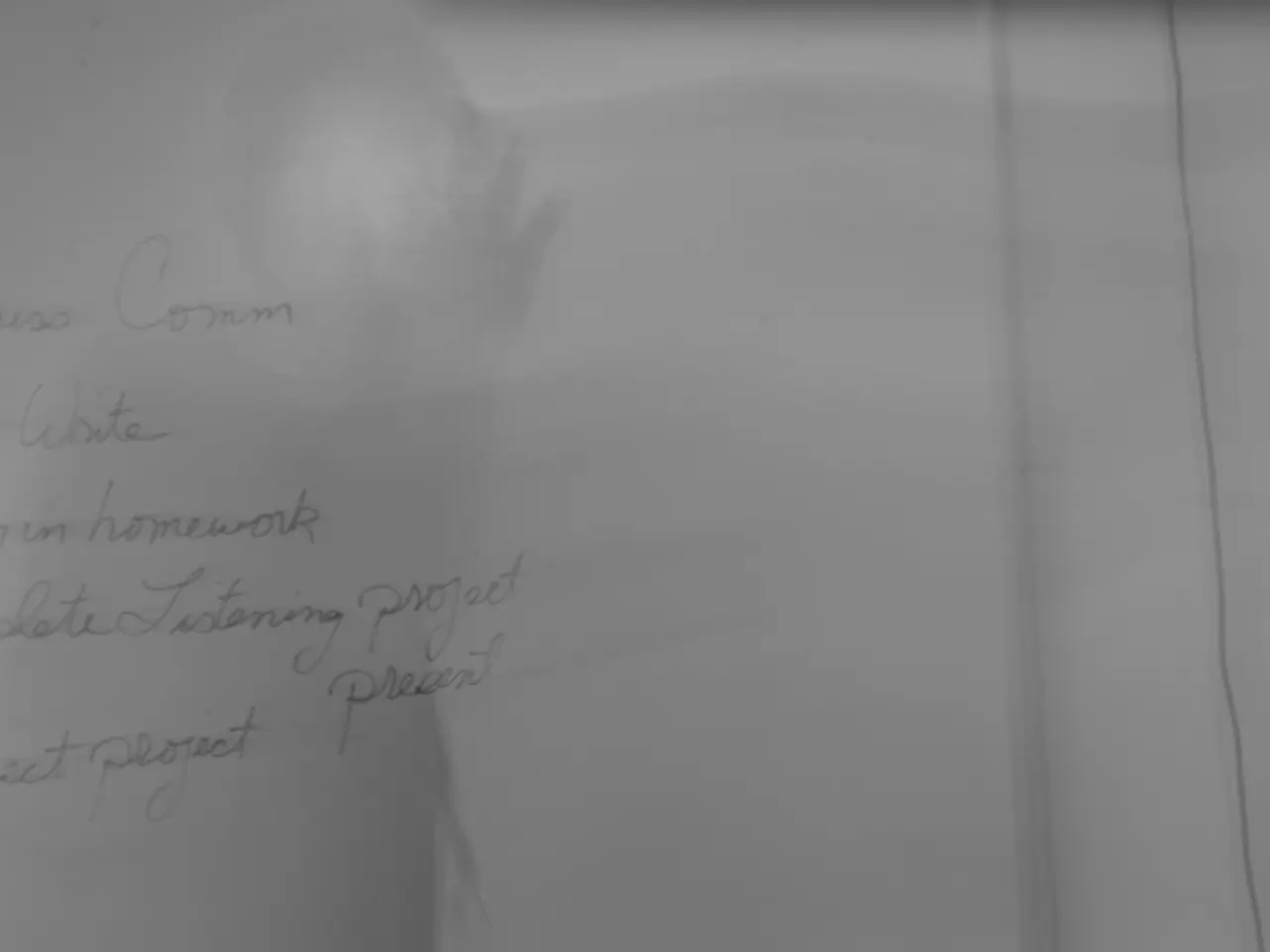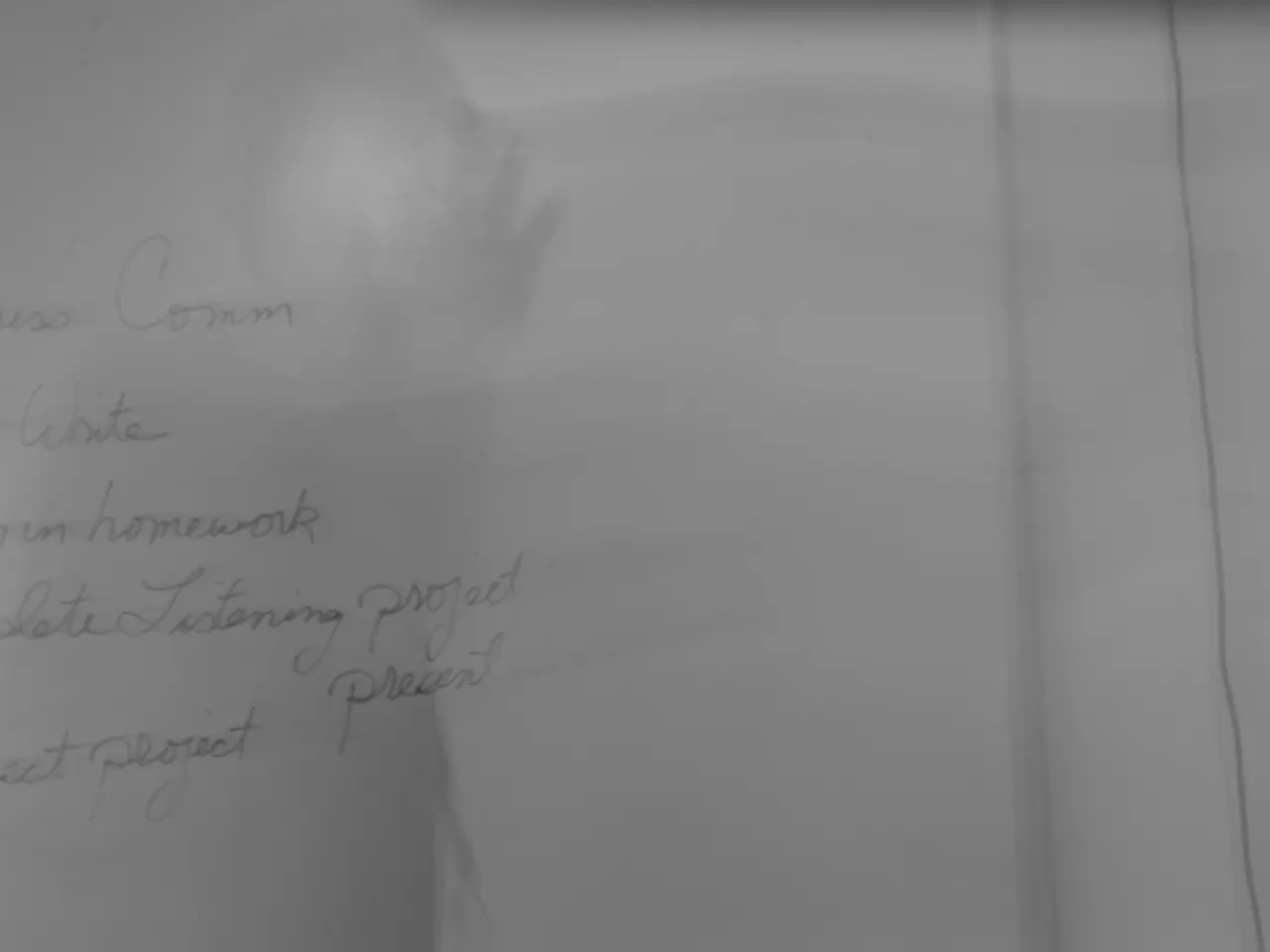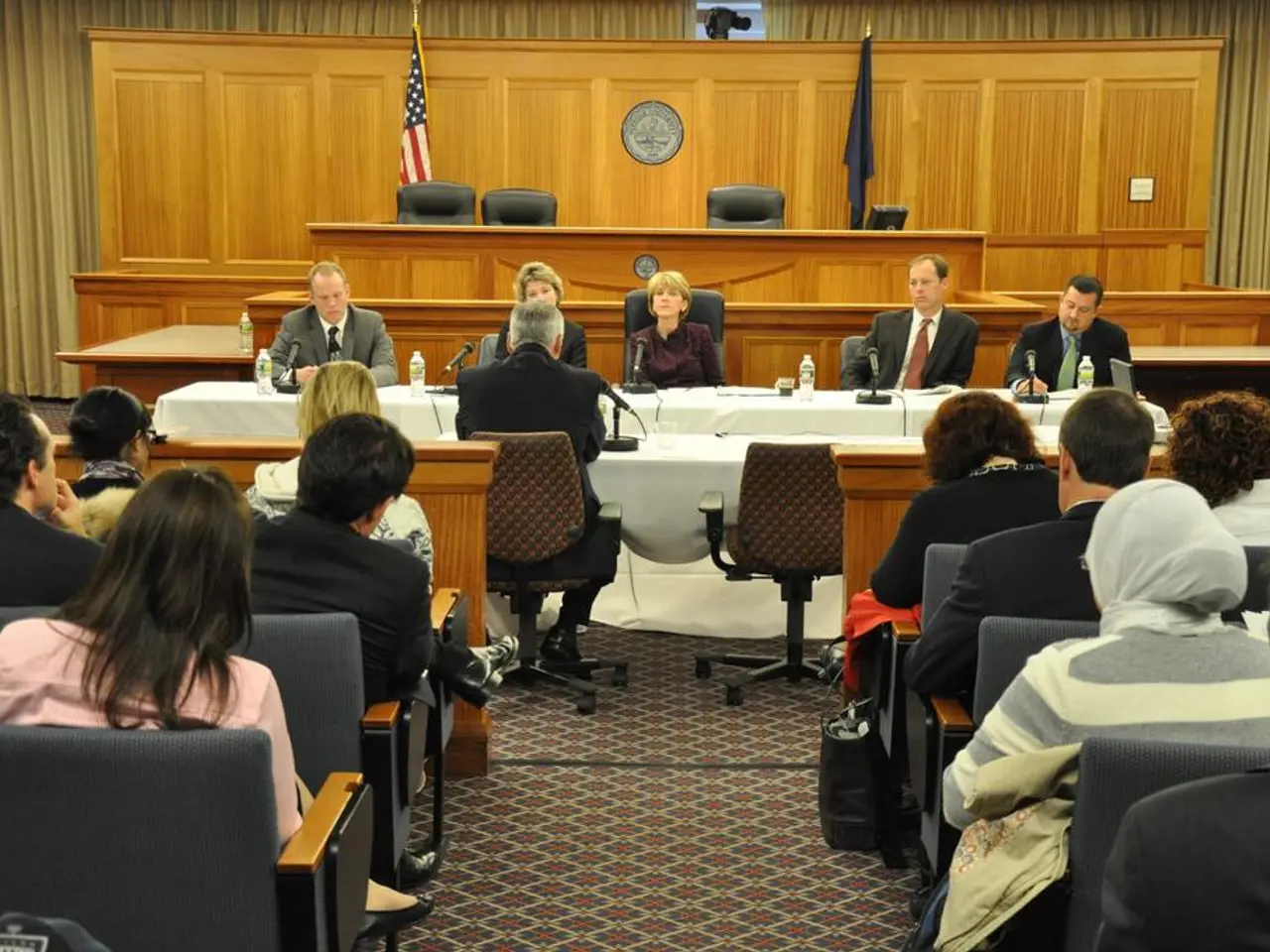Unchecked Power: The Necessity of Boundaries!
In a world where power and politics often dominate headlines, it's crucial to remember that power for its own sake can be destructive and lead to violence. This destructive power can have far-reaching and devastating effects on individuals, social relationships, and society at large.
Domestic violence, a form of power abuse, has significant economic consequences, including job loss, decreased productivity, and increased healthcare costs for survivors due to physical and mental health issues. It also leads to substantial public expenses for legal and protective services[1].
Symbolic violence, where dominant groups impose their values and stereotypes through cultural means, perpetuates discrimination and marginalization of subordinate groups, legitimizing dominance and erasing marginalized voices. This maintains and entrenches social inequalities[2].
Experiences of violence, such as war or civil conflict, can have lasting effects on social trust, political values, and community engagement. Violence often transmits trauma and authoritarian tendencies across generations, potentially undermining democratic participation but also sometimes fostering communal coping and social solidarity in post-conflict societies[3][4].
However, humility and equality can help prevent these destructive effects. Cultivating humility can reduce authoritarian impulses and the desire to dominate others, breaking cycles of violence. Humility involves recognizing the equal dignity and worth of all people, diminishing the justification for power abuses and symbolic violence[5].
Promoting equality addresses the root power imbalances that enable violence and oppression. Equal social status and cultural recognition reduce marginalization and internalized oppression, weakening the mechanisms that reinforce violent power dynamics[2].
Together, humility and equality foster social environments where power is shared rather than hoarded, violence is less likely to be accepted or perpetuated, and communities are better able to heal from past traumas through cooperation and mutual respect. This approach not only prevents immediate harm but also contributes to more resilient, inclusive societies with healthier social relations.
As B. Kando, a renowned philosopher, once said in 2025, "If I have no love, my soul remains dark - it does not show itself." Similarly, he emphasized, "Power for the sake of power is only empty talk." Humility should accompany power to recognize the limits of arbitrariness, and one's own value should be recognized to draw the line before it's too late.
In conclusion, the potential dangers of unchecked power leading to violence cannot be overstated. By cultivating humility and promoting equality, we can create a world where power is wielded with care, violence is minimized, and societies are built on respect, cooperation, and mutual understanding.
[1] Black, M. C., & Brady, J. M. (2018). The economic consequences of intimate partner violence. Journal of Economic Perspectives, 32(3), 133-150.
[2] Farmer, P. (2004). Pathologies of power: health, human rights, and the new war on the poor. University of California Press.
[3] Fiske, S. T., & Neuberg, S. L. (2008). Social cognition. Psychology Press.
[4] Urdal, H., & Sandvik, E. (2013). The long-term effects of conflict on social capital. Journal of Conflict Resolution, 57(3), 466-495.
Power abuses, such as domestic violence and symbolic violence, perpetuate discrimination and marginalization, leading to economic consequences, societal instability, and long-term effects on individuals and communities. Cultivating humility and promoting equality can help prevent these destructive effects, creating a world where power is shared, violence is minimized, and societies are built on respect, cooperation, and mutual understanding.





